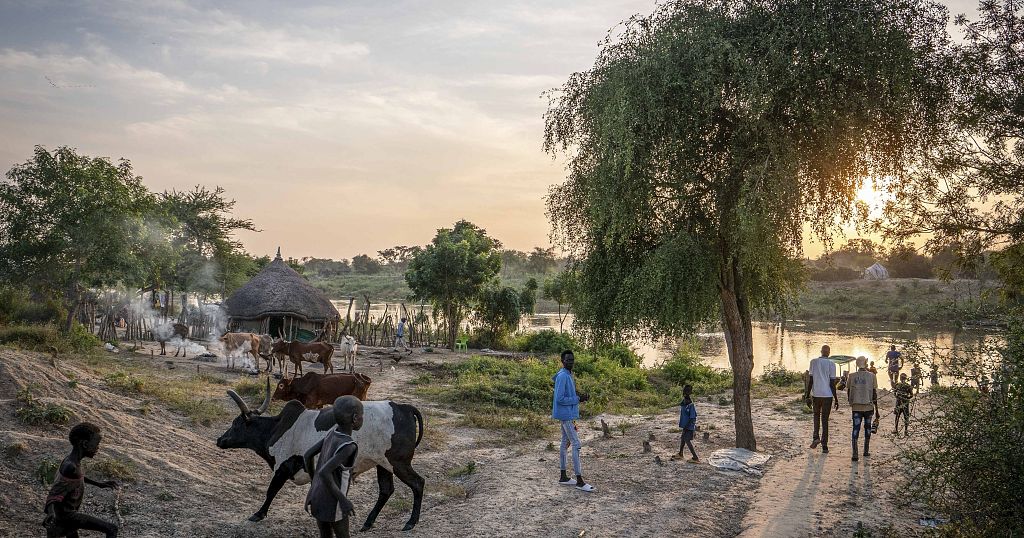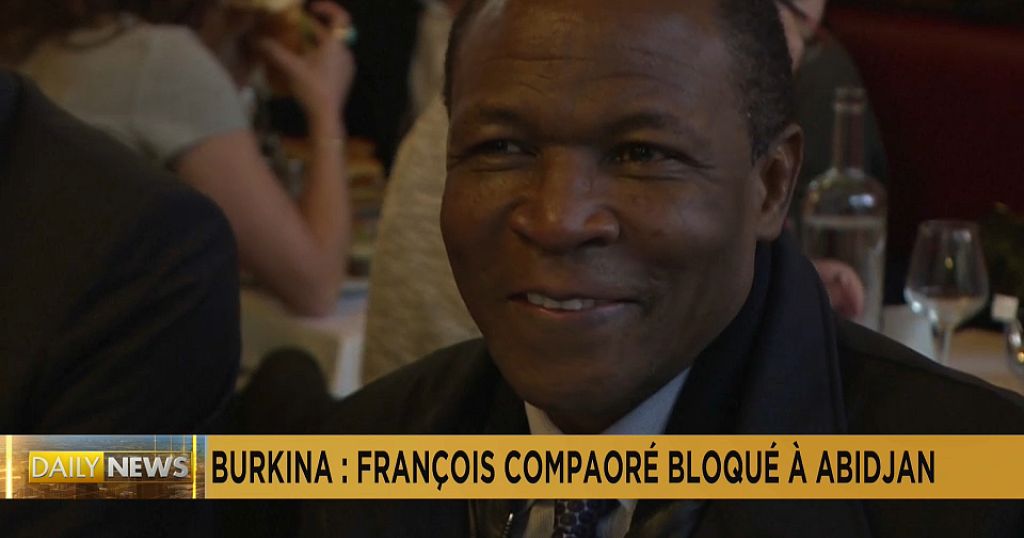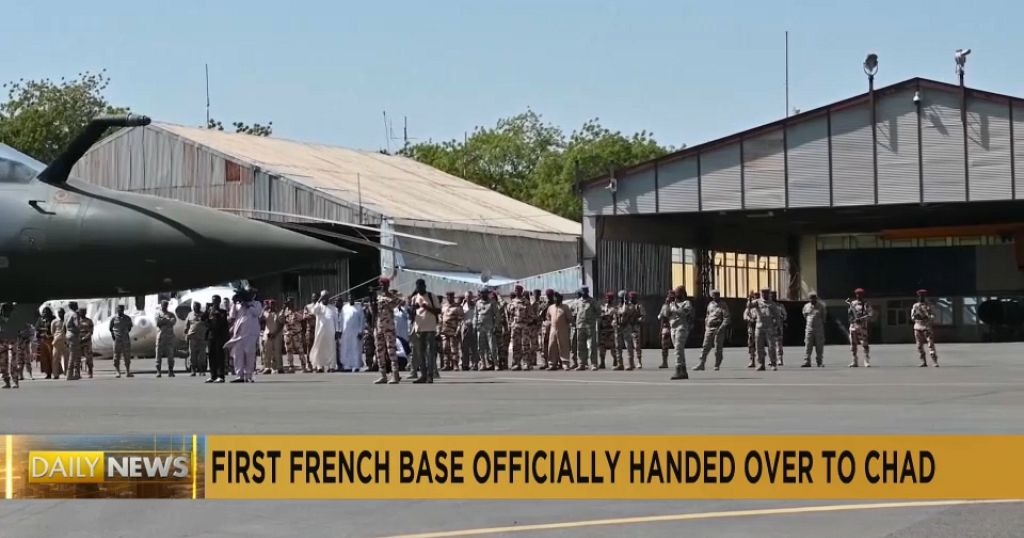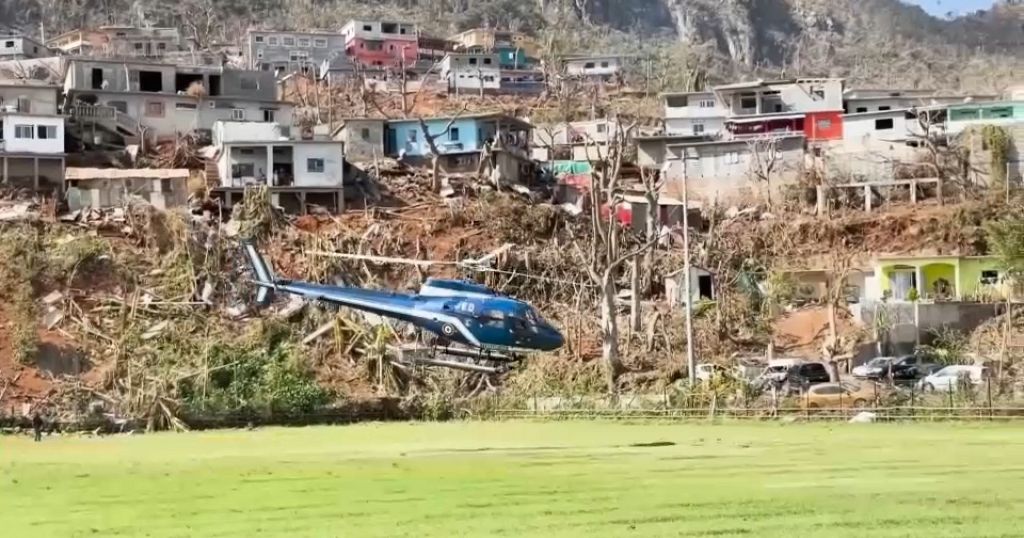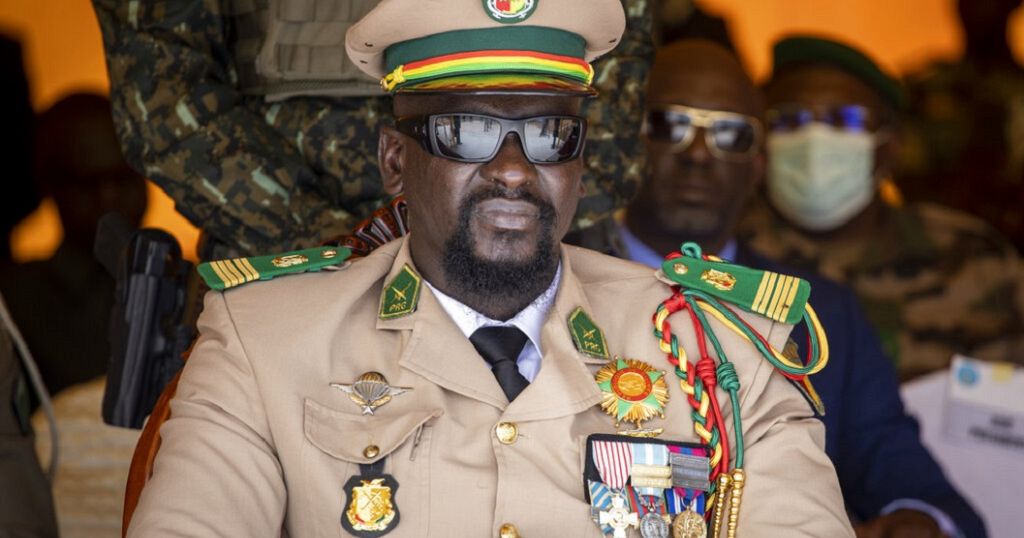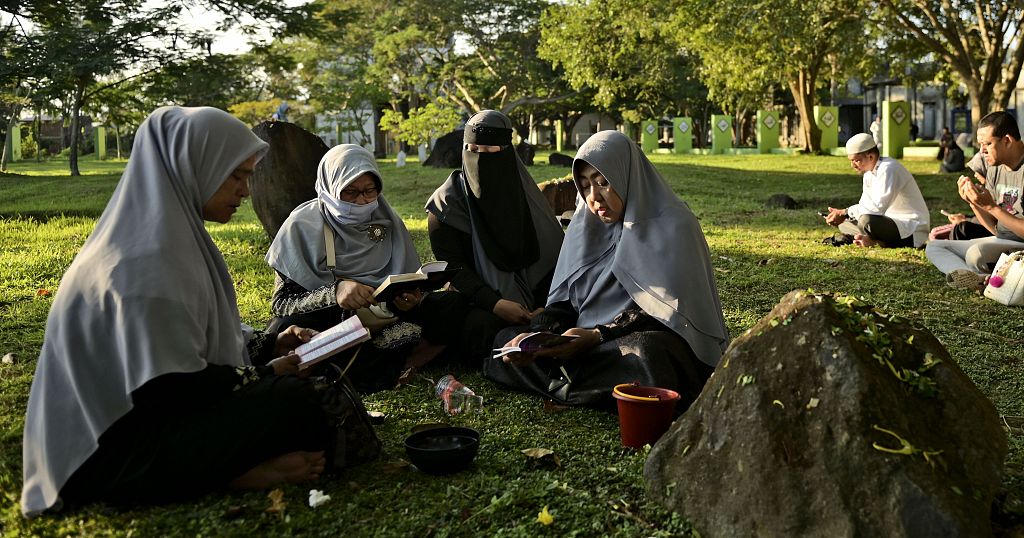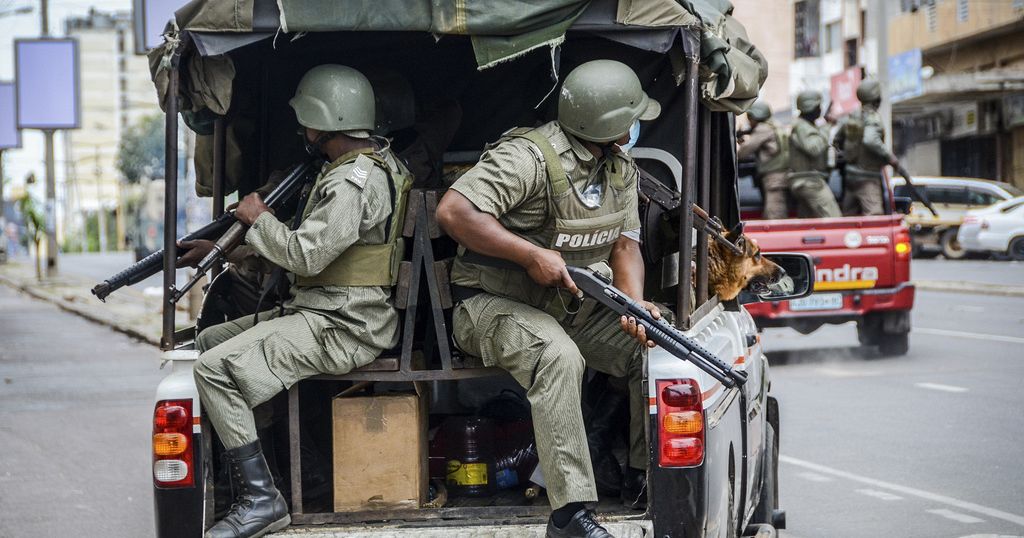Mali: airstrikes kill several civilians
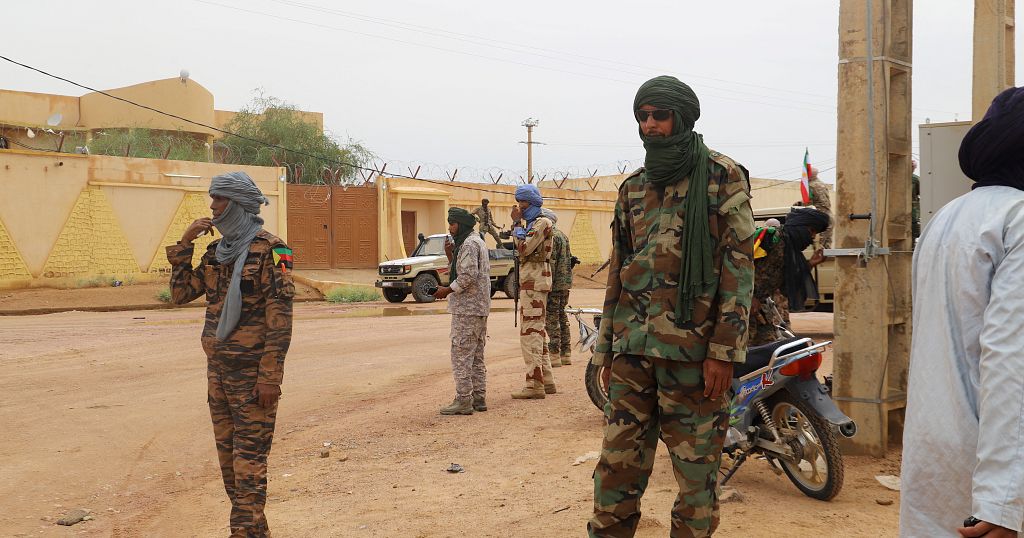
Several civilians, including children, were killed Tuesday in strikes attributed to the Malian army in Kidal, a possible foreshadowing of the battle to come for this bastion of the Tuareg rebellion and a major sovereignty issue for the central state.
The Permanent Strategic Framework (CSP), an alliance of predominantly Tuareg armed groups, reported in a press release 14 deaths, including eight children gathered in front of a school and six notables, killed according to the CSP by Turkish-made drones from the Malian army.
Residents and witnesses, speaking mostly on condition of anonymity for their safety, spoke of six, seven or nine deaths, without having an overview of each of them.
“Six people including children were killed by airstrikes by the Malian army. In the hospital, we have wounded,” said a health worker. A video consulted by AFP shows six remains lying next to each other.
No reaction was initially obtained from the Malian authorities. The army indicated on social networks on Saturday that it had “neutralized” the day before with its air assets a certain number of targets which were preparing operations inside the camp recently evacuated by the UN mission (Minusma).
Tuesday’s acts of war, the first murderers in Kidal itself since the Tuareg rebellion resumed hostilities with the State in August, confirm fears of a confrontation in which the several tens of thousands of inhabitants of the city, historic center of independence insurgencies and a crossroads on the road to Algeria, has been brewing for some time.
The insubordination of Kidal and its region, where the army suffered humiliating defeats between 2012 and 2014, is an old source of irritation in Bamako.
The colonels who took charge of the country by force in 2020 have made the restoration of territorial sovereignty their mantra.
However, Kidal is controlled by rebels who, after rising in 2012, agreed to cease fire in 2014, but have just taken up arms again.
The independence uprising of 2012 coincided with the entry into action of radical Islamist groups. The jihadists have never stopped fighting the central state and any foreign presence, plunging Mali into a security, political and human crisis which has spread to neighboring Burkina Faso and Niger.
Call to Turkey
Since August, the north has once again been the scene of an escalation between the actors present (regular army, rebels, jihadists). The withdrawal of the UN Mission, pushed out by the junta, triggered a race for control of the territory, with the central authorities demanding the restitution of the camps, the rebels opposing it and the jihadists trying to do so. take advantage of this to strengthen their hold.
The evacuation by Minusma of its Kidal camp promised to be the most flammable.
Anticipating the departure of Minusma, a large army convoy left on October 2 towards Kidal.
But the UN mission, constrained by the deterioration in security, accelerated its withdrawal and left its Kidal camp last week. The separatist rebellion immediately took control, ahead of the army.
The haste in the disengagement of Minusma irritated the junta, which wanted to make this departure coincide with the arrival of the army. The obstacles put by the junta on the evacuation forced Minusma to destroy part of its equipment because it was unable to remove it, the mission said. But she also left some behind.
A resident who worked for Minusma indicated that Tuesday’s victims included residents who had gathered in front of the camp to collect equipment.
The CSP assured for its part that one of the drone strikes had hit a group of children in front of a school near the camp.
The CSP said it was asking the Turkish authorities “to review their policy of selling drones to the junta” and to the Russian paramilitary group Wagner with which it cooperates according to the CSP.
Minusma, whose numbers numbered around 15,000 soldiers and police and more than 180 members of whom were killed in hostile acts, is supposed to have left by December 31. Since July, it has withdrawn nearly 6,000 civilian and uniformed personnel from Mali.
Source: Africanews


